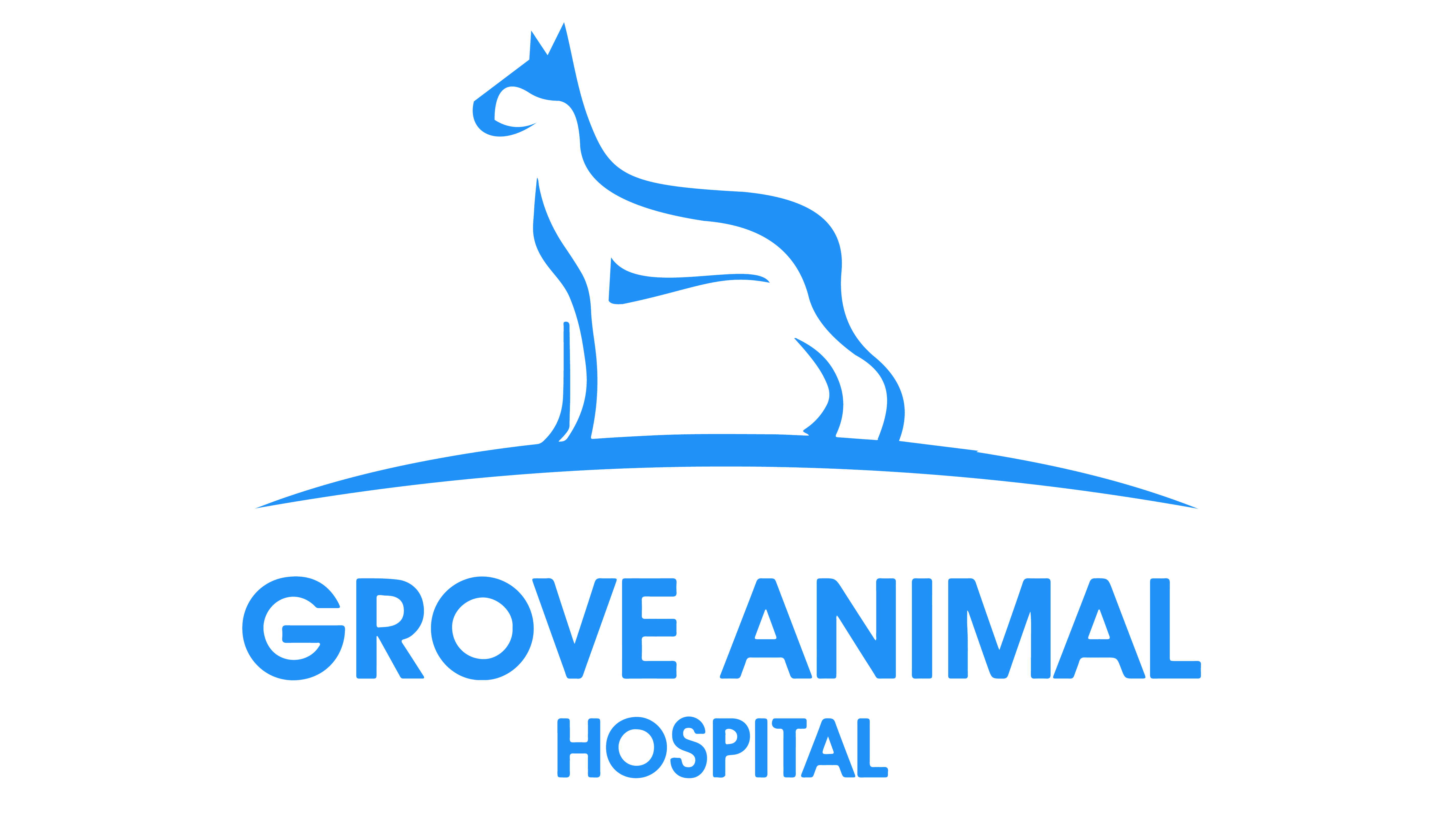Pet Vaccinations Coconut Grove Fl
Grove Animal Hospital Veterinarian
Vaccinations can help prevent illness by training your pet’s immune system to effectively fight an infectious disease before they are exposed to it. Most recommended vaccines are for diseases that are extremely contagious and/or fatal.
Rabies Vaccine- for dogs and cats
The rabies vaccine is required by law for all dogs, cats, and ferrets over 4 months of age because rabies is a fatal, practically untreatable infection in both pets and people. Rabies is a virus present in wildlife that is typically spread by an infected animal biting another animal or person. The rabies virus travels from the bite wound up the nerves and toward the brain. Once in the brain it causes symptoms of rabies, and it quickly progresses to death. Vaccinating our pets helps protect them and us from this terrible disease. Rabies in people is much more common in some countries that have low rates of vaccination and high numbers of stray animals in the street.
Vaccines for Dogs:
DAPP or DHPP (Distemper, Adenovirus/Hepatitis, Parvovirus, and Parainfluenza)
Distemper is a severe virus that is extremely contagious and often fatal in dogs. The distemper virus most commonly causes a severe pneumonia. It can also cause vomiting and diarrhea, and can travel to the brain and cause twitches and seizures. Distemper cases are rarely seen in vaccinated populations, but outbreaks still occur. Distemper is often fatal, but if survived, it can cause life-long neurologic symptoms such as seizures or twitches. All dogs should be vaccinated for distemper starting at 6-8 weeks of age.
Parvovirus causes severe vomiting and diarrhea with blood and most severely affects puppies and unvaccinated dogs. It attacks the cells that line the intestines causing massive losses of fluids and nutrients. It also attacks the bone marrow, decreasing some of the cells that fight infections. It can also attack the cells of the heart, especially in young puppies. Parvovirus can be treated in many cases, but requires aggressive supportive care over many days, sometimes more than 1 week. Parvovirus is also unique as it can live in soil for many years, and can even be transmitted to your pet from your shoes or other contaminated objects. Vaccination is recommended for all dogs starting at 6-8 weeks of age.
Adenovirus and Parainfluenza are typically included in vaccines for distemper and parvovirus (DAPP, DHPP). They most often cause respiratory infection, and adenovirus can cause hepatitis (liver disease).
Leptospirosis is a bacterial disease that can cause kidney and liver failure, or a variety of other symptoms which can be very vague. If caught early, it is treatable, but it can be fatal. Leptospirosis is typically present in rodent and wildlife populations, and can infect mammals that come into contact with infected water or urine. In the past, lepto vaccination was recommended only for outdoor dogs and those around ponds or standing water. However, there has been a significant increase in leptospitosis diagnosed in urban dogs, even apartment dogs that spend very little time outside. Also in the pst, lepto vaccines were associated with many of the vaccine reactions. However, changes have been made and newer lepto vaccines do not seem to have any increased risk of reactions.
Bordetella is a bacteria that can cause kennel cough, a severe and very contagious cough that can last several weeks. Dogs that are in contact with other dogs, especially at veterinary, boarding, and grooming facilities should be vaccinated for bordetella yearly.
Vaccines for Cats:
We recommend and use only non-adjuvanted vaccines for cats. Adjuvants are the materials added to the vaccine to make the body’s immune system react to it. However, a very low number of cats can develop an injection-site sarcoma (tumor) at the vaccine site. Using non-adjuvanted vaccines helps to lower this risk while protecting our cats from certain infectious diseases.
FVRCP (Feline viral rhinotracheitis, calicivirus, and panleukopenia)
Feline viral rhinotracheitis refers to the feline herpesvirus. Like human herpes, cats are infected for life and often break with symptoms when they are stressed or have a weak immune system. Symptoms include sneezing, congestion, fever, conjunctivitis, and sometimes corneal ulcers. Cats and kittens should be vaccinated starting at 6-8 weeks of age to protect them from infection.
Calicivirus is also an upper respiratory virus that can cause sneezing, congestion, fever, and lesions in the mouth. Vaccination is recommended for all cats and kittens starting at 6-8 weeks of age.
Panleukopenia is a virus very similar to parvovirus in dogs. It can cause vomiting, diarrhea, dehydration, and low white blood cell counts in kittens and unvaccinated cats and is often fatal. It also is highly contagious, and the virus can live in soil or on objects and be transmitted to cats. Treatment involves aggressive supportive care, usually in a hospital setting. Most infected kittens will die without treatment. All cats and kittens should be vaccinated starting at 6-8 weeks of age.
Feline Leukemia is a virus that can cause fever, low cell counts and poor immune system, and is sometimes associated with certain cancers. It is spread by close contact with infected cats and from female cats to their kittens. All kittens and newly acquired cats should be tested for feline leukemia and FIV before being introduced to other cats. All kittens should be vaccinated for feline leukemia. Adult cats that go outside or are in contact with new or unknown cats should be vaccinated every 2 years.
Feline Immunodeficiency Virus (FIV) can cause fever, poor immune system, and is similar to the HIV virus in people. It is spread via bite wounds, sexual contact, and from female cats to their kittens. All kittens and newly acquired cats should be tested for FIV and Feline Leukemia. An FIV vaccine is available. However, it is not widely recommended because it does not reliably prevent infection, and it makes testing for the virus more difficult (it causes a positive test result).
What if I want to protect my pet, but I want to make sure I am not over-vaccinating?
We follow the guidelines of the American Animal Hospital Association and the American Association of Feline Practitioners on vaccination schedules. We also offer 3 year rabies vaccines for adult dogs and cats. We also offer titers in lieu of vaccination where applicable (DAPP and FVRCP vaccines).


